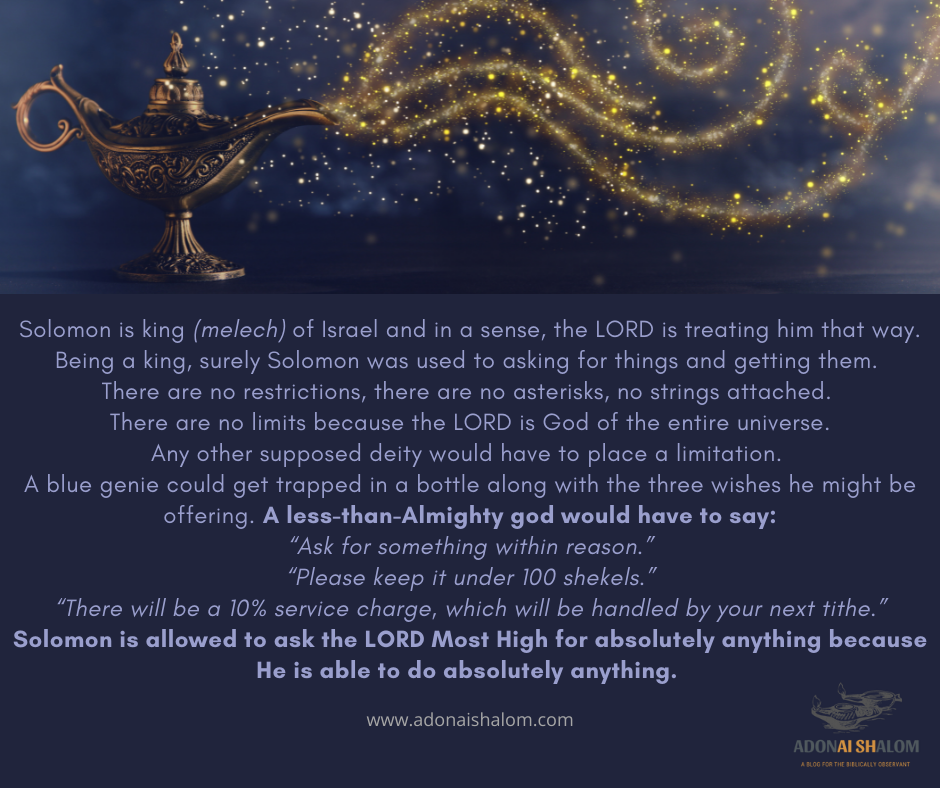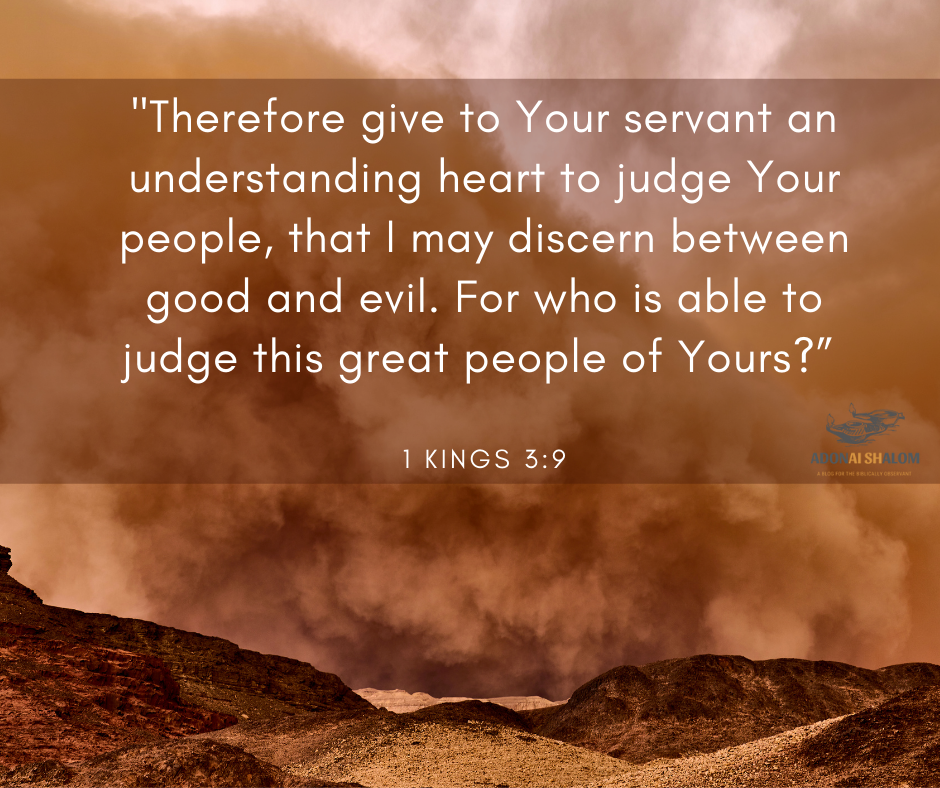Rehoboam and Jeroboam: a nation divided
5783 B”H
I have been recently studying in depth on Rehoboam and Jeroboam because these two fellows were barely covered in my formal theological education and I must say they don’t come up very often even in church Bible studies.
These kings are glossed over, not because they are uninteresting, but because keeping their stories straight can get confusing!
In order to understand them, we must go back to the days of King Solomon.
King Solomon’s downfall: lust for seductive women and idolatry
By this point in time, King Solomon’s heart had truly deviated from seeking the LORD. The Bible tells us in detail the number of wives and concubines he had:
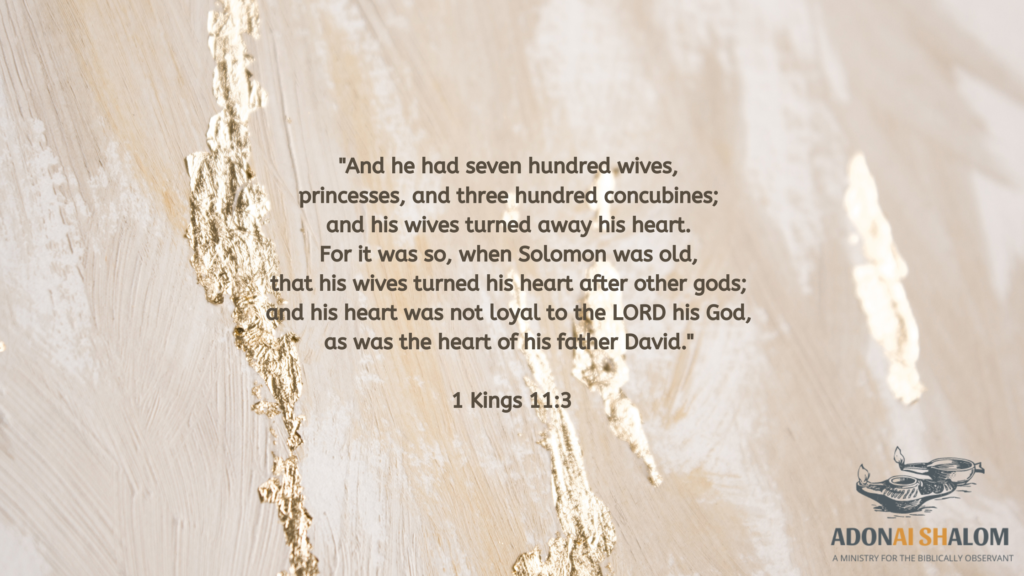
Lust ran in the family. King Solomon’s father, King David had struggled with that. Just look at his relationship with Bathsheba ( 2 Samuel 11).
But King Solomon took this to another level.
Unlike King David, King Solomon did not remain faithful to God alone. King Solomon not only kept company with seductive women, he allowed those women to influence his spirituality. He confessed it in his writings:

King Solomon recognized that his obsession with women was a path to death:

The Consequence for his sin: King Solomon’s kingdom would be torn away and given to one of his servants
King Solomon had overseen the construction of the beautiful Temple (1 Kings 5-7) and God had appeared to him twice. It is hard to imagine how he could let his heart turn from the One, True LORD.
But when sin seeps into our lives and we no longer recognize it, it launches us straight into destruction.
Justifiably, the LORD God of Israel became angry with Solomon. Scripture records the consequence: King Solomon’s kingdom would be torn away . . . and given to one of his servants.
I’m certain that would have been considered very embarrassing!
Here is what the Bible says:

King Solomon’s heart had not been loyal to the LORD and now one of his own servants would be unloyal to him.
Jeroboam, a servant who becomes a king
Jeroboam was a servant of King Solomon. The Scriptures inform us that King Solomon considered him “industrious” (1 Kings 11:28).
The Bible says this hard worker was still a young man. King Solomon appointed Jeroboam to be the officer over the labor force of the house of Joseph 1 Kings 11:28).
Little did King Solomon know, but God would use Jeroboam against him!
The Prophet Ahijah prophesies to Jeroboam
The LORD spoke through Ahijah to tell Jeroboam that He would tear the kingdom from King Solomon and give Jeroboam 10 of the tribes. Whoa! This was a major turning point in Israel’s history, one that would shape the future very dramatically.
The prophecy was so significant that King Solomon wanted to kill Jeroboam (1 Kings 11:40).
Jeroboam had to flee to Egypt until King Solomon died! (1 Kings 11:40).
Rehoboam, a wicked king
Names ending with “oboam” must’ve been very popular in those days.
King Solomon died and his son, Rehoboam, took over. (1 Kings 11:43).
Rehoboam was a terrible guy. Jeroboam and the others in Israel reasonably asked the newly crowned king of Israel to please lighten the work burden as it had been quite heavy under King Solomon’s reign. (1 Kings 12:3-4).
King Rehoboam consulted his elders, who wisely counseled that if he were to lighten their load, the people would happily serve him forever. But this wicked king rejected the sage advice of the elders.
Then King Rehoboam consulted his friends from his youth – and if they were friends with him, we can assume they were just as depraved as he was. Indeed, King Rehoboam’s friends advised him to flaunt his wealth by becoming fat and inform the people that he would harshly come after them with scourges (a literal translation is: “scorpions.”). (1 Kings 12:14)
The LORD hardened King Rehoboam’s heart in order for His plan as spoken through Prophet Ahijah to be fulfilled (1 Kings 12:15).
The Kingdom Splits in Two
The people of Israel were distressed when they realized King Solomon’s son, Rehoboam, was going to be an unreasonable leader.
They knew this king would not listen to them, so 10 of the tribes chose Jeroboam to be their king.
Jeroboam became the first king of the Northern Kingdom.
King Rehoboam, therefore, by default, was the first king of Judah as the Southern Kingdom.
Israel and the House of David
Did you notice the connection between 1 Kings 11:39 and 1 Kings 12:19?
The Word of God says, “And I will afflict the descendants of David because of this, but not forever.’ ” 1 Kings 11:39

“So Israel has been in rebellion against the house of David to this day.” 1 Kings 12:19
God promised that for the sake of his servant David and the sake of Jerusalem, their affliction would not last forever. Israel (the Northern Kingdom) rebelled against Judah (the Southern Kingdom) and this continues even today. But we know there must be a future restoration because our Savior taught:
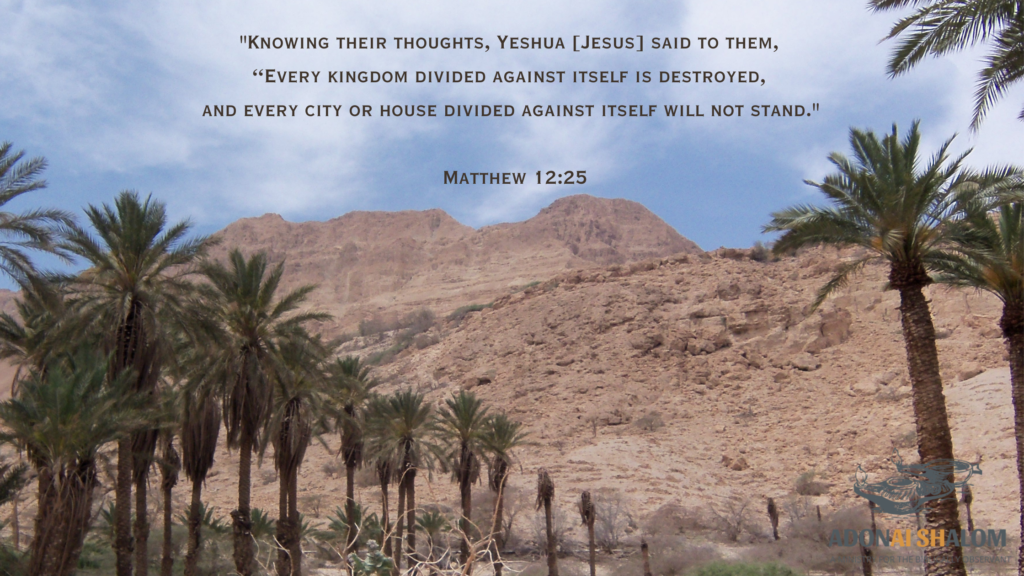
Israel must be united in faith once again!
Our LORD Yeshua (Jesus) is of the lineage of King David and the Gospels testify of this fact. Mark 10:48 “Have mercy on me, Son of David!”
Also, our Messiah Yeshua (Jesus) is the Lion of the Tribe of Judah! (Revelation 5:5)

He will bring restoration and redemption. So much of native Israel continues to reject Yeshua (Jesus) as their promised Messiah, but this rebellion will one day cease. We see many previously unbelievers coming to faith in Him, so continue to pray!
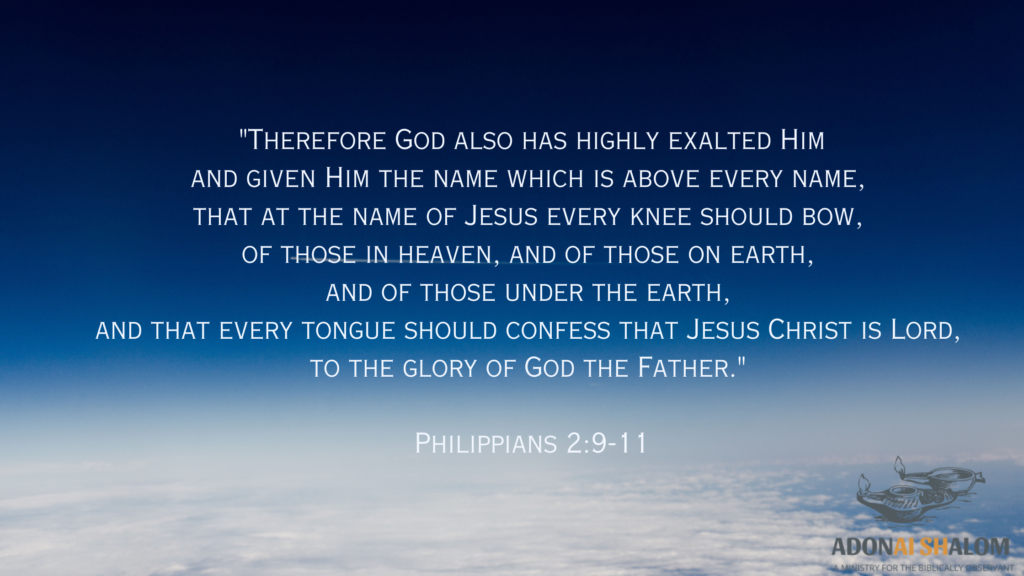
God has kept His Word and all of His promises. As history continues to unfold, we see that each and every prophecy is being accomplished in His perfect timing.
I hope that this study has helped clarify for you some of the dynamics of what was going on as Israel and Judah divided. We pray for His return and the millennial reign of our LORD who will bring peace and unity!



